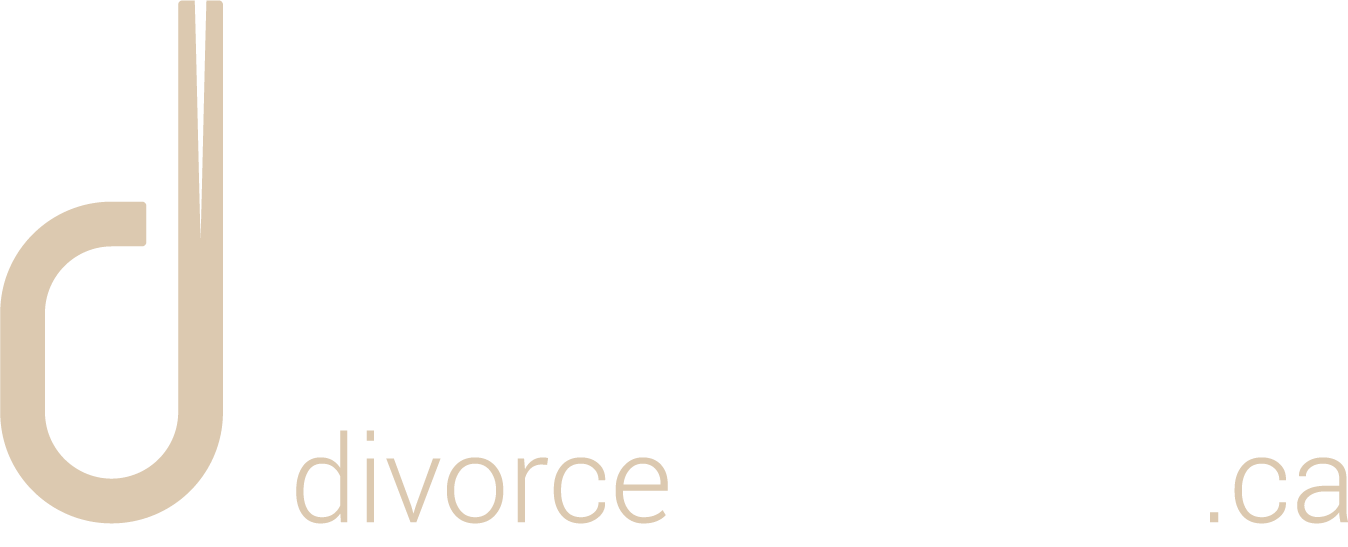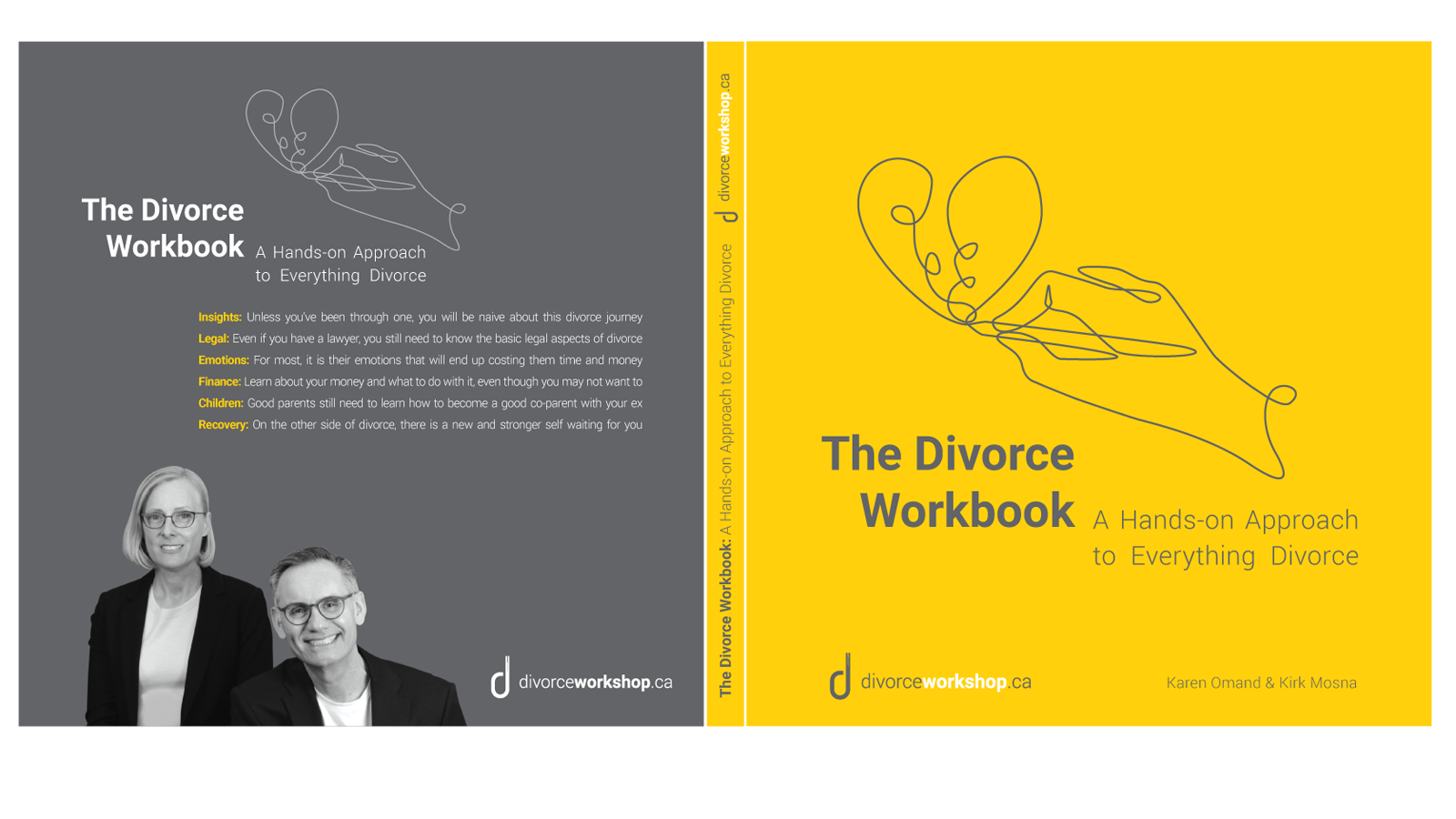The Emerging Trend of Mediation in Divorce
In the wake of my separation in 2018, the concept of mediation in divorce proceedings barely registered on my radar. Like the prevailing sentiment at the time, I assumed that the standard approach involved hiring litigation attorneys. This was the conventional route—one confirmed by the experiences of peers navigating their own divorces. So, much like many in previous generations, I followed the path of litigation. However, when Kirk and I began engaging in conversations with mediators across North America and the United Kingdom, a distinct pattern emerged—a noticeable deviation from the well-trodden path of divorce litigation.
The intricacies of a divorce journey are undeniable, brimming with emotional complexities and intricate legal protocols. For generations, litigation was the only choice, with the potential to turn every divorce into a courtroom spectacle. Litigation is inherently adversarial, and the costs alone are exorbitant. However, against this backdrop of tradition, change is slowly sweeping across continents with the introduction of family mediation as a compelling alternative. The surging popularity of mediation is bringing about significant changes in how divorces are managed. These changes go beyond financial matters; they are fundamentally reshaping the entire landscape of divorce proceedings.
This evolution is particularly pronounced in countries such as Canada, the USA, Australia, South Africa, Sweden, and Britain, among others. Here, mediation is emerging as a beacon of change, illuminating a novel route for couples navigating the challenging terrain of divorce. Instead of adversaries locking horns and preparing for battle, mediation positions them side by side, fostering dialogue and cooperation. This approach shapes a future that, despite its challenges, is distinctly less adversarial, granting couples more control over their agreement rather than leaving their fate to a judge.
The Empowering Approach of Mediation:
Divorce often ushers in a storm of intense emotions, leading to breakdowns in communication between estranged partners. While litigation might seem like a straightforward solution, mediation offers an alternative that focuses on constructive outcomes. There tends to be a better rate of compliance when the divorcing couple has negotiated their divorce rather than the court of law deciding.
The Pros of Mediation
Guided Negotiations by Neutral Mediators: Mediation relies on neutral mediators who facilitate discussions between divorcing couples. Unlike court battles where decisions are imposed, mediation empowers couples to design solutions tailored to their unique circumstances. This sense of ownership leads to more satisfactory and sustainable agreements.
Effective Communication as the Foundation: Successful mediation rests upon effective communication. By engaging in open and positive dialogue, couples can collaboratively work through their issues. This not only streamlines the divorce process but also lays the groundwork for healthier post-divorce relationships, especially when children are involved. Shielded from the adversarial nature of court battles, children can better cope with the changes brought about by divorce.
Practical Benefits Beyond Legalities: Beyond legal advantages, mediation offers a practical array of benefits. It promotes understanding and compassion, resulting in savings in terms of time, money, and emotional energy compared to court battles. Opting for mediation provides couples with the agency over shaping their own futures, particularly in matters concerning their children's well-being.
Acknowledging Emotions, Paving Common Ground: Divorce is emotionally challenging for all parties involved. Mediation recognizes the importance of addressing these emotions. By attending to emotional needs alongside legal and practical matters, mediation creates a space for finding common ground even in the midst of difficult circumstances.
Tailored Solutions for Complex Situations: Mediation is especially effective in cases involving intricate financial arrangements, unique custody agreements, or specialized assets. Mediators help couples navigate these complexities to arrive at solutions that cater to the specifics of their case.
Preserving Dignity and Respect: Mediation fosters a sense of dignity and respect throughout the divorce process. Unlike the adversarial nature of court battles, mediation emphasizes collaboration, allowing couples to part ways with their dignity intact and reducing the emotional toll.
Reduced Stress for Children: Children often bear the brunt of divorce battles. Mediation provides a more stable environment for them, minimizing the stress associated with contentious court proceedings and fostering a sense of security during a challenging time.
Embracing the Path of Mediation:
Whether you're embarking on the journey of divorce or currently entangled in litigation, it's crucial to remember that mediation offers a transformative path forward. Keep in mind that 80% of divorces involve moderate conflict, making mediation a favorable starting point. Many of the mediators we spoke to emphasized beginning with mediation, attempting to address everything. If a significant issue arises and you require lawyers, at least a portion of your separation agreement is already in place. Individuals can discover healing and resolution that not only concludes the marriage but also paves the way for a more amicable future. This approach, fueled by constructive communication, understanding, and mutual respect, empowers couples to shape their destinies and ensures a smoother transition for themselves and their families.
Notes of Caution:
While divorce mediation comes with numerous advantages, it's essential to recognize potential drawbacks. Imbalances of power, limited legal guidance, intricate financial situations, resistance to cooperation, a potentially lengthy process, incomplete agreements, non-binding decisions, costs, and unsuitability for high-conflict scenarios are among the cons to consider.
In our new Divorce workbook: A Hands-On-Approach to Everything Divorce, we introduce a valuable test designed to help you understand not only who you are divorcing but also who you are in the context of the divorce. This self-assessment can provide crucial insights that contribute to a better understanding of how your divorce may unfold. This matters when you are thinking about going into mediation or litigation.
Additionally, it's important to note that if you encounter a major issue that proves challenging to mediate, seeking legal counsel may become necessary. These factors underscore the importance of carefully assessing whether mediation aligns with your specific circumstances and being prepared for potential challenges that might arise during the process.
Similar to choosing lawyers, consulting with multiple mediators is advisable to find the right fit for your unique situation. Skilled mediators are adept at handling difficult personalities and navigating complex situations, ensuring a smoother and more effective mediation process.
You must prepare for mediation by understanding the process, emphasizing the need for emotional self-management, and trying to promote a collaborative approach for mutually beneficial agreements. Divorce mediation is about negotiating, prioritizing understanding, considering compromises, and strategically assessing gains and losses.
Conclusion: The traditional narrative of bitter court battles in divorce is transforming. Mediation's popularity is soaring as more couples recognize the benefits of this cost-effective approach. From productive communication to practical gains and acknowledging emotions, mediation offers a path that prioritizes healing, understanding, and constructive resolutions. As the world shifts towards more cooperative and less expensive divorces, it signifies not just an alternative, but a step towards a more harmonious future.
Coming soon our NEW and Different type of Divorce workbook 'The Divorce Workbook: A Hands-Approach to Everything Divorce.' Unlike passive reads, this affordable workbook actively engages you in understanding and working through all divorce facets. Transform complexities into manageable steps, addressing finances, emotions, co-parenting, recovery, legality, and more. Divorce has a huge impact on you and your family. Prepare, understand, and navigate your journey to a smoother divorce Starts hands-on. Get on our waiting list today!
Kirk and Karen offer free Divorce coaching consultation email Karen at Karen@divorcworkshop.ca





